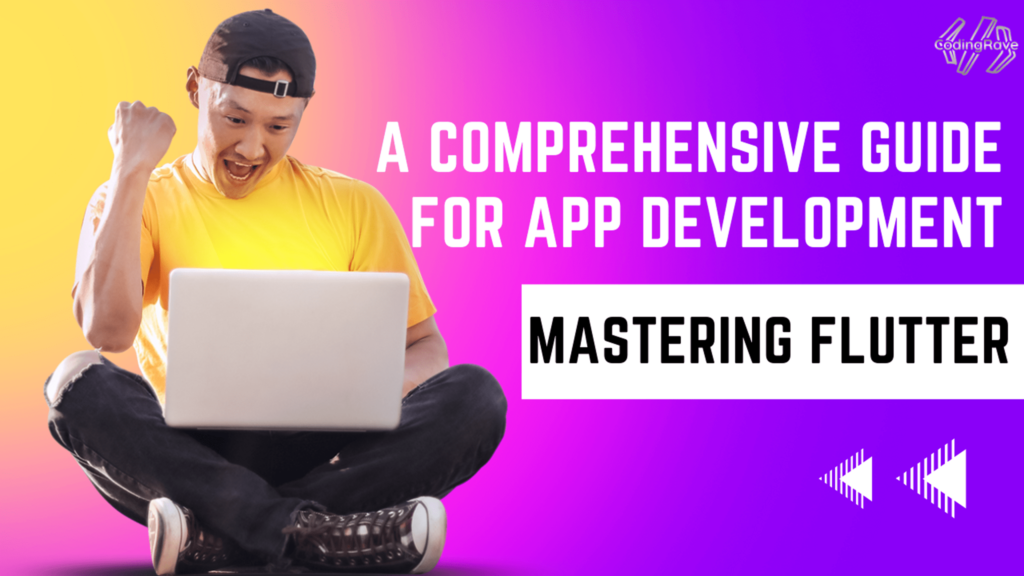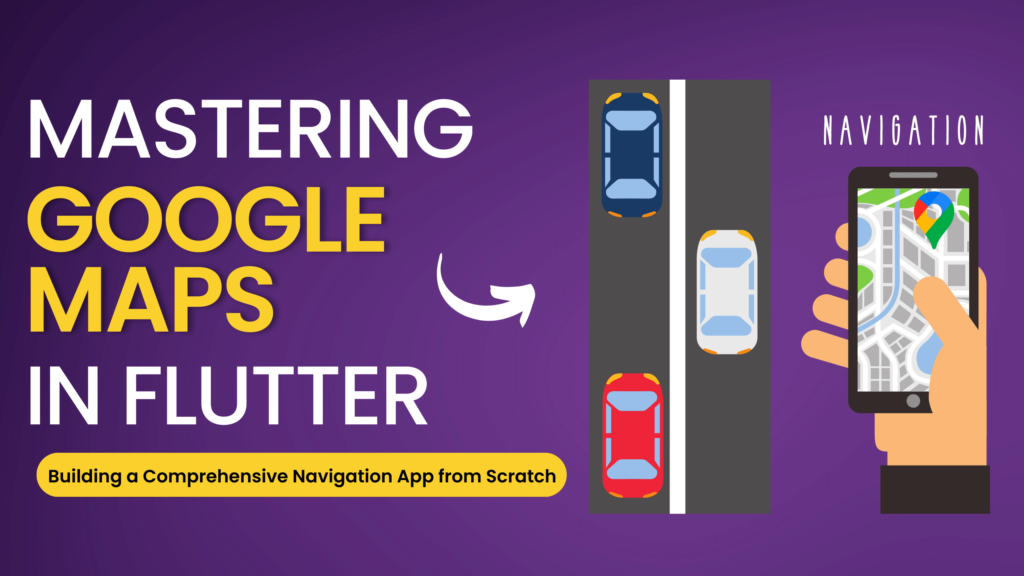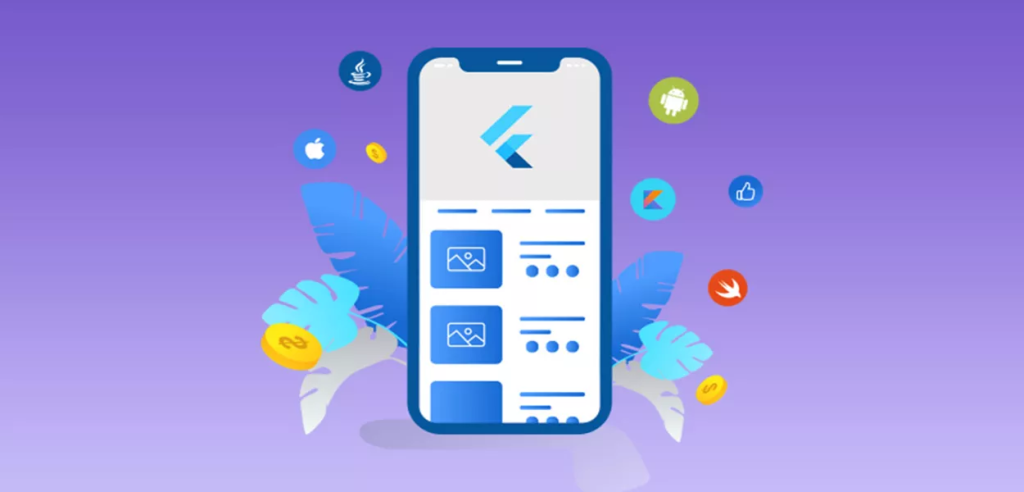Dependency injection is a crucial concept in Flutter, just as it is in many other programming frameworks. It helps you manage the dependencies of your application and make it more testable, maintainable, and flexible. In this guide, I’ll explain what dependency injection is, why you should use it in your Flutter applications, and provide examples and code to illustrate the concept.
What is Dependency Injection?
Dependency injection is a software design pattern that deals with the management and injection of dependencies into a class or module from the outside. It is essential to decouple components, making your code more maintainable, testable, and flexible.
In Flutter, dependencies can be any external resource or service, such as databases, REST APIs, shared preferences, or even other classes.
Example:
When you go and get things out of the refrigerator for yourself, you can cause problems. You might leave the door open, you might get something Mommy or Daddy doesn’t want you to have. You might even be looking for something we don’t even have or which has expired.
What you should be doing is stating a need, “I need something to drink with lunch,” and then we will make sure you have something when you sit down to eat.
Why Use Dependency Injection in Flutter?
- Testability: By injecting dependencies, you can easily substitute real implementations with mock or test implementations, allowing for unit testing without touching the actual resources.
- Decoupling: Dependency injection helps separate the concerns and responsibilities of different components, making your code more modular and easier to maintain.
- Flexibility: It’s easier to change or switch dependencies without modifying the dependent code. For example, you can switch between different database providers without changing the business logic.
Types of Dependency Injection in Flutter
There are several ways to implement dependency injection in Flutter. I’ll cover three common approaches:
- Constructor Injection: Dependencies are injected through a class’s constructor.
- Setter Injection: Dependencies are injected using setter methods.
- Provider Injection: Dependencies are provided using a global service locator.
Constructor Injection Example
class MyService {
final MyDependency dependency;
MyService(this.dependency);
void doSomething() {
dependency.performAction();
}
}In this example, MyService depends on MyDependency, and the dependency is injected via the constructor. This allows you to provide different implementations of MyDependency as needed.
Setter Injection Example
class MyService {
MyDependency dependency;
void setDependency(MyDependency newDependency) {
dependency = newDependency;
}
void doSomething() {
dependency.performAction();
}
}Here, the MyService class has a setter method to inject the dependency. You can change the dependency at runtime by calling setDependency().
Provider Injection Example
Provider injection uses a service locator to provide dependencies globally. A popular package for this in Flutter is get_it.
mport 'package:get_it/get_it.dart';
GetIt locator = GetIt.instance;
void setupLocator() {
locator.registerSingleton<MyDependency>(MyDependencyImpl());
}
class MyService {
MyDependency dependency = locator<MyDependency>();
void doSomething() {
dependency.performAction();
}
}In this example, get_it is used to manage and provide dependencies. The setupLocator() function registers the dependency, and then it can be accessed from the MyService class using the locator.
Dependency injection is a powerful technique to make your Flutter applications more modular, maintainable, and testable. The choice of which method to use (constructor, setter, or provider injection) depends on your project’s specific requirements and design patterns.
By applying dependency injection, your Flutter code becomes more flexible, making it easier to adapt to changes, switch implementations, and test different components independently.





